“The great task of education is not merely to collect facts but to know man and to make oneself known to men”—– Rabindra Nath Tagore
Education plays a paramount role in transforming the lives of the people. It is not just concerned with formal academic learning and does not restrict itself to textbooks, but extends to include the application of knowledge, skills, and moral values acquired by an individual for the betterment and advancement of the society.
The education policy of any country becomes very important and plays a very vibrant and dynamic role in shaping the future of the young generation irrespective of religion, caste, creed, and after eliminating all kinds of discrimination. It helps in nation-building. India since independence has developed its first education policy in 1968, second education policy in 1986 with modifications done in education policy in 1992, and again a new education policy is adopted in2020 as’ National Education Policy,2020 ‘ (commonly referred to as NEP,2020).
The main objective of NEP, 2020 is the universalization of education along with achieving global standards of education. Some of the important changes and challenges brought in by the NEP, 2020 are as follows:
- HRD ministry now to be renamed as the Ministry of Education.
- To implement effective governance and leadership for higher educational institutions.
- Focusing on the Gross Enrolment ratio (GER) to increase up to 50% by 2035.
- Multidisciplinary Education and Research Universities (MERU) to be established. All the stand-alone higher educational institutions to be transformed into large Multidisciplinary Universities and knowledge hubs.
- Offshore campuses of foreign universities to be set up in India which will give global exposure to Indian students.
- NEP also proposes for the National Research Foundation for better coordination with all funding agencies regarding research funding and to provide funds for all disciplines i.e. science or humanities.
Legal Education under the New Education Policy: Challenges Ahead
Legal education has always been one of the most important components of higher and professional education in India. After the enactment of the Advocates Act, 1961, the Bar Council of India became a regulator of legal education along with the University Grants Commission. With the establishment of National law schools/Universities, legal education in India has taken a qualitative shape in imparting legal education. In the past few years, almost all the states of India have established National law universities for providing quality and excellent legal education but the condition of Government-run universities and colleges has deteriorated a lot. Many private Universities and private law colleges affiliated under Universities are also imparting Legal education. The National Education Policy, 2020 has provided a certain framework to be adopted by all centers of legal education like:
-
- Legal education needs to be competitive globally, adopting best practices.
- Legal education must be embraced with new technologies for wider access to and timely delivery of justice.
- Legal education must be informed and illuminated with constitutional values of justice – social, economic, and political.
- Legal education must direct towards national reconstruction through instrumentation of democracy, rule of law, and human rights.
- The legal education curriculum must reflect socio-cultural contexts emphasizing the history of legal thinking, principles of justice, and practices of jurisprudence.
- Legal education in State institutions must consider offering bilingual education for future lawyers and judges in English and in the language of the state where the legal institution is established.
Legal education includes the professional study which is required to be practiced in the courts of law, legal teaching, legal research and in different branches of administration. Ignorance of the law cannot be excused because it is the necessary duty of every citizen to know the law. Under section 7and 49 of the Advocates Act Bar council of India is vested to regulate and to maintain standards of legal education in India. Law is an instrument of social change and hence the new National Education Policy, 2020 has provided certain ethos for legal education which are very much essential in the 21st century to adopt for our legal professionals which will make them globally competitive. The biggest challenge given by the NEP, 2020 is for National law universities functioning under the rules of different states and which are considered as the center of excellence and are stand-alone higher educational institutions as to how they are going to implement and promote multidisciplinary approach and research and convert uni-disciplinary university into multidisciplinary knowledge hubs. The new multidisciplinary approach will benefit State Universities and premier Private Universities which are offering multidisciplinary courses and courses based on Choice based credit system (CBCS). UGC and the Bar Council of India shall have to take the issue seriously so that the Multidisciplinary approach should be implemented in National law Universities without undermining the quality of legal education so that they should become Multidisciplinary research hubs with center par excellence.
The bar council of India along with UGC is playing a very dynamic role in shaping legal education in India. BCI from time to time issues new directives to be followed in the legal curriculum for its up-gradation. Recently it has directed that all centers of legal education shall have to incorporate two new subjects from academic sessions 2020-21 namely, (1) Mediation and Conciliation and (2) Defense studies, which is very important for minimizing the litigation and for national reconstruction. BCI has to redesign the whole legal curriculum as stated in the new education policy so that it should create more employment opportunities for law students apart from courtroom practice and it should focus on value-based education. The National Education Policy, 2020 will establish India as a major educational destination as it provides much flexibility to the students in choosing their courses and shaping their future where they can take challenges of the global world and which makes them legally aware, conscious, and legally literate in the present fast-moving progressive digital regime.




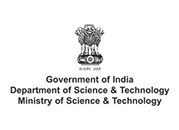
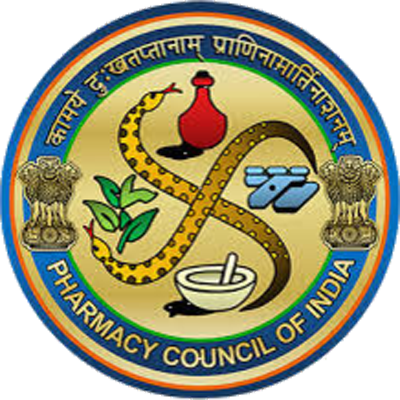
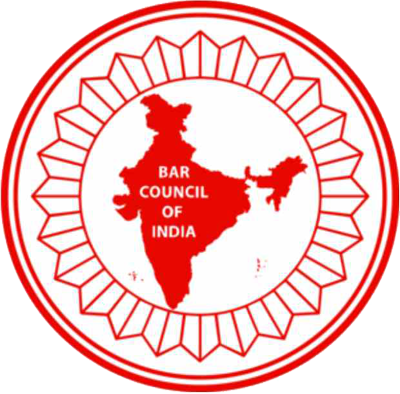
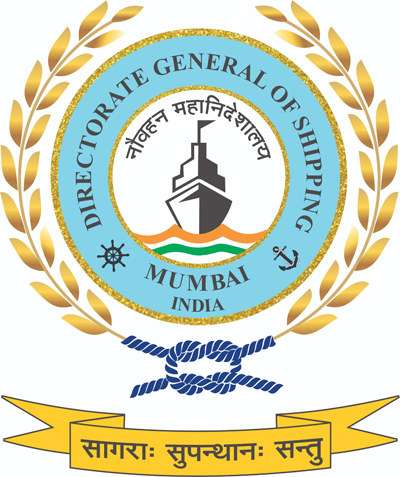
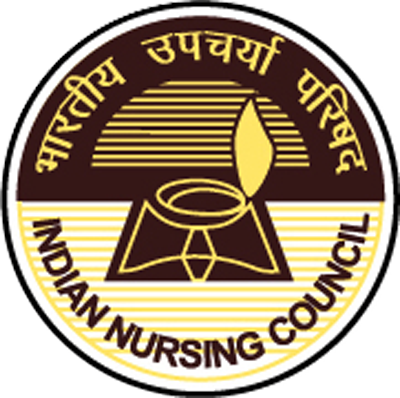

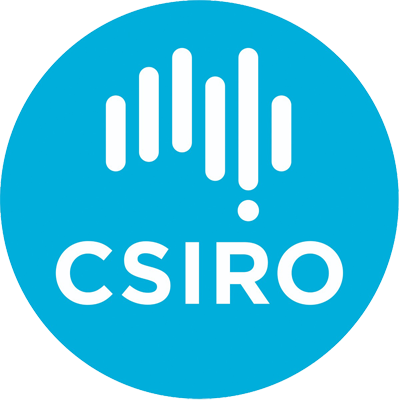

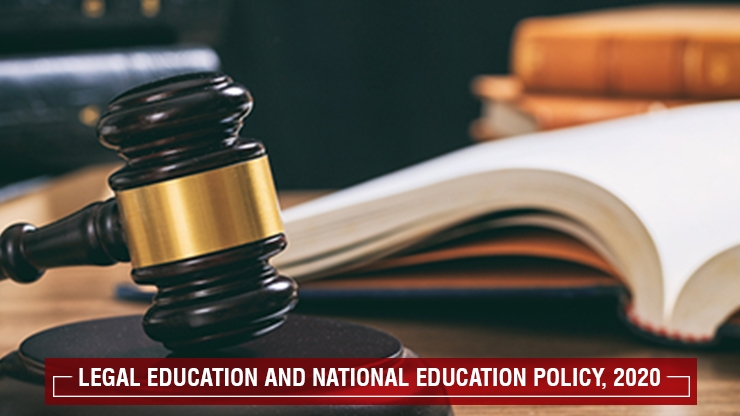
 6 Sep 2021
6 Sep 2021



